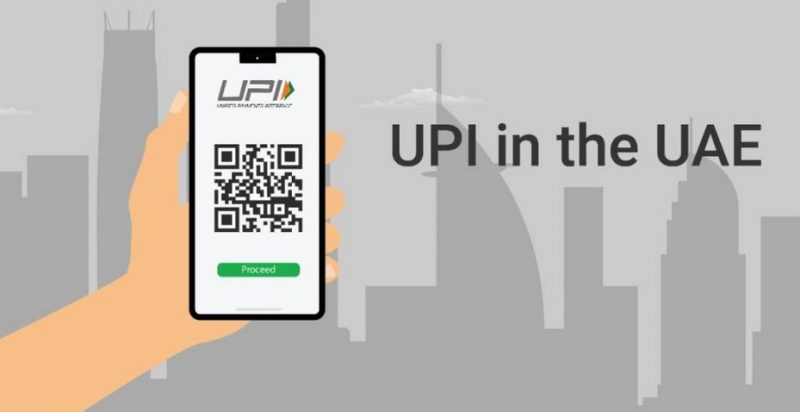
Indians Can Make Payments In UAE With UPI Now
Great News For Indian UPI Users

Being a Tourist or Migrant, Indians can make payments easily without any extra charges in UAE. Indian bank account holders travelling to UAE can make UPI payments at shops, retail outlets, and other merchants, it is made possible with a partnership between the National Payments Corporation of India and Mashreq Bank’s NEOPAY. Now two prime questions will arrive in your minds: ‘How does it work?’ And ‘If the same arrangement has been made in any other country?’
How Does The International Unified Payments Interface System Work?
There are two main conditions for a person to make payments with zero fee charge in the UAE. The first condition is having an Indian bank account is compulsory and the second UPI must be enabled. If you fulfil these two conditions then you will just have to install one of the UPI payment apps like BHIM to make a payment.
A statement of NPCI International Payments Ltd (NIPL) said, “With the acceptance of BHIM UPI in the UAE, Indian tourists can now make seamless payments through BHIM UPI across NEOPAY enabled shops and merchant stores. This partnership will play a key role in transforming the P2M payment experience for Indian travellers in the UAE. The implementation of BHIM UPI in the UAE is a stepping stone toward providing a major boost to digital payments in the country.”
You Can Make UPI Payments Everywhere In UAE?
That’s a No. Payments related to Unified Payments Interface can only be executed at the outlets or merchant shops having NEOPAY terminals only.
Also read:
UPI Servers Down For An Hour, Second Time This Year
Are There Any Other Countries Where NPCI Has Made the Same Arrangements?
Yes, NPCI International Payments Limited (NIPL) is a subsidiary of the National Payments Corporation of India (NPCI) and has planned similar arrangements in different regions with several financial service providers regarding the International future of Unified Payments Interface and RuPay cards. Currently, this service is live internationally in Nepal and Bhutan, however it is more likely to cover Singapore also this year.



